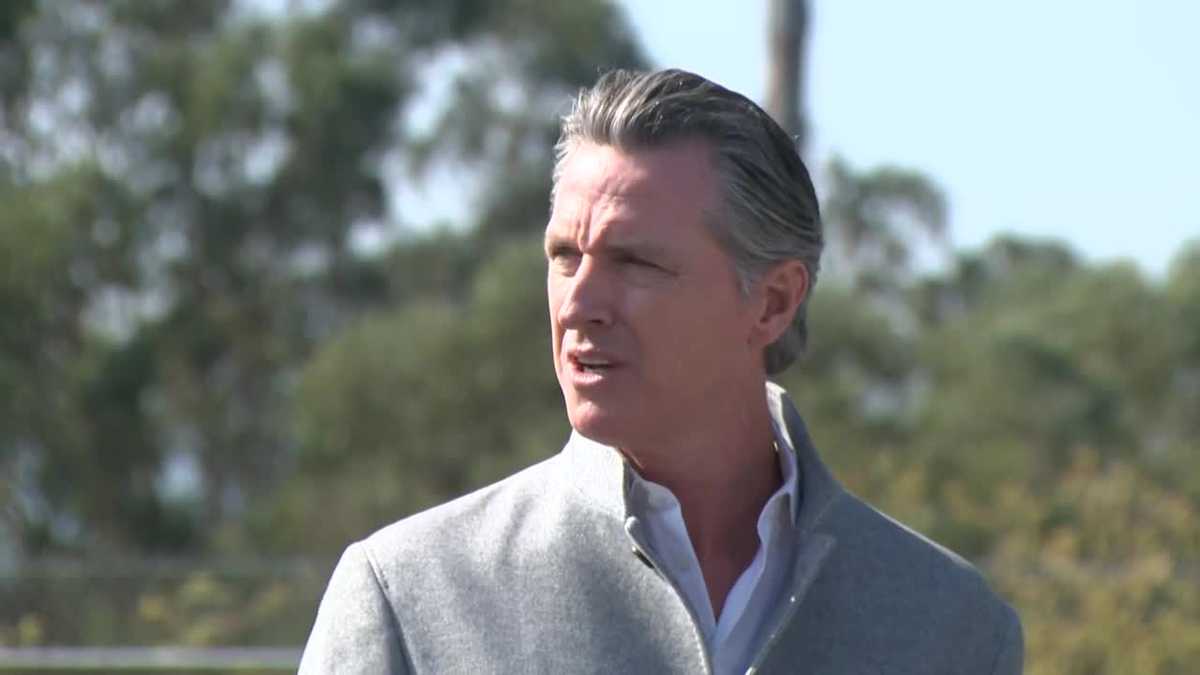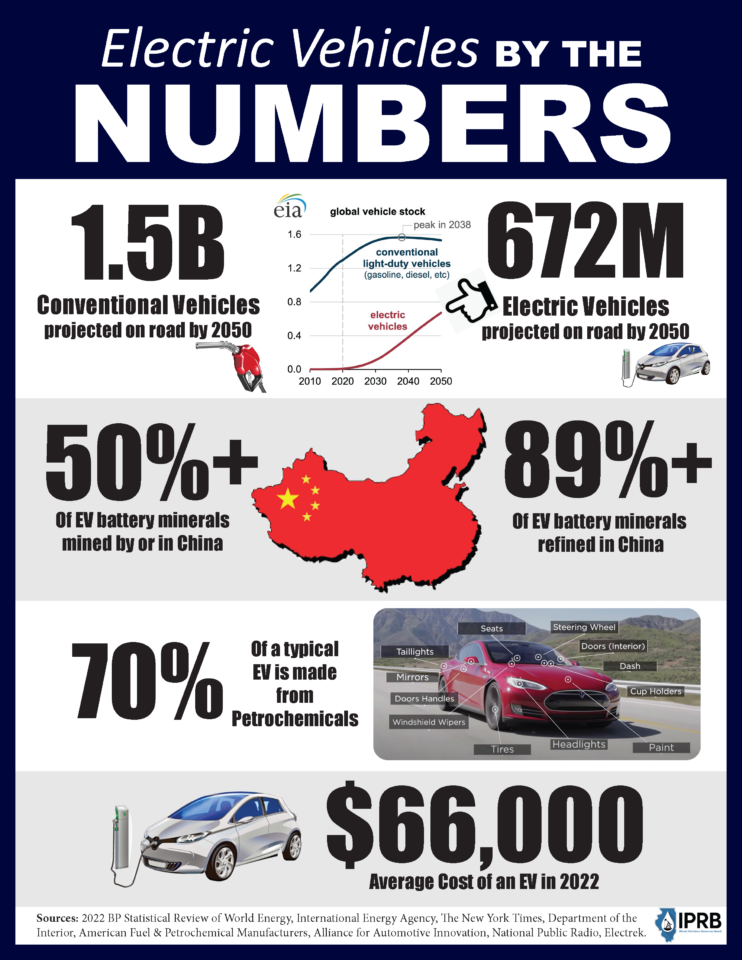Tesla's Optimus Robot: China's Rare Earth Restrictions Cause Delays

Table of Contents
China's Dominance in Rare Earth Minerals and its Geopolitical Implications
China's near-monopoly on the rare earth mineral market is a well-documented fact with far-reaching implications. These minerals, essential components in numerous advanced technologies, including the Tesla Optimus robot, are not evenly distributed across the globe. China's control stems from its vast reserves and advanced processing capabilities. This dominance translates to significant geopolitical leverage. The strategic importance of rare earth minerals in high-tech sectors like robotics cannot be overstated. They are critical for producing powerful and efficient motors, precision sensors, and other vital components.
- Percentage of global rare earth production controlled by China: Estimates place China's control at over 60%, a figure that fluctuates but consistently demonstrates its overwhelming market share.
- Specific rare earth elements crucial for Optimus robot's components: Neodymium, praseodymium, and dysprosium are particularly vital for the powerful magnets used in Optimus's motors and actuators.
- Examples of other technologies affected by China's rare earth dominance: Wind turbines, electric vehicles (like Tesla's own cars!), smartphones, and military hardware all rely heavily on these minerals, showcasing the widespread impact of China's control.
The Impact of Rare Earth Restrictions on Tesla's Optimus Robot Production
The restrictions imposed by China on the export of rare earth minerals are directly impacting the production timeline and potentially the overall success of Tesla's Optimus robot. Specific components reliant on these minerals are experiencing supply chain disruptions.
- Examples of specific components impacted: The motors driving Optimus's movements, its sophisticated sensors for navigation and object recognition, and various control systems all utilize rare earth elements.
- Estimated cost of delays to Tesla: While precise figures remain undisclosed, the delays are likely costing Tesla millions, impacting both production schedules and potentially investor confidence.
- Potential impact on Tesla's market share in the robotics industry: Delayed production could allow competitors to gain a foothold, potentially affecting Tesla's long-term market share in the rapidly evolving robotics sector.
Tesla's Strategies to Mitigate the Impact of Rare Earth Restrictions
Tesla is not passively accepting these challenges. Several strategies are likely being explored to mitigate the impact of China's rare earth restrictions and diversify its supply chain.
- Potential partnerships with mining companies in other countries: Tesla might forge alliances with rare earth mining companies in Australia, Canada, or other countries to secure alternative supply routes.
- Research and development efforts focusing on alternative materials: Investment in research to identify and utilize substitute materials that minimize or eliminate the need for rare earth elements in Optimus's components is crucial for long-term independence.
- Investment in recycling and resource recovery technologies: Recycling and resource recovery are essential for reducing reliance on new mining operations and improving sustainability while securing material supplies.
The Broader Implications for the Robotics Industry and Technological Development
China's control over rare earth minerals presents significant challenges for the entire robotics industry and broader technological development. The scarcity of these resources has geopolitical implications, potentially leading to increased tensions.
- Impact on the development timelines of other robotic projects: Many robotics companies are likely experiencing similar supply chain issues, leading to delays across the industry.
- Potential for trade wars and protectionist measures: The dependence on China for these vital materials could escalate into trade disputes and protectionist policies, further disrupting global supply chains.
- Calls for global cooperation and diversification of rare earth supply chains: International collaboration is paramount to ensure a stable and secure supply of rare earth minerals, preventing future disruptions to critical technologies.
Conclusion
China's dominance in rare earth minerals poses a significant hurdle for Tesla's Optimus robot development and the broader robotics sector. The delays caused by restricted access highlight the need for diversified supply chains and international cooperation. The strategic importance of these minerals underscores the urgency of finding alternative materials and production methods. Stay informed about the future of Tesla's Optimus robot and the evolving dynamics of rare earth mineral supply. Understanding these complexities is crucial for navigating the future of robotics and ensuring a stable technological landscape.

Featured Posts
-
 Hisd Mariachi Headed To Uil State Competition After Whataburger Video Goes Viral
Apr 24, 2025
Hisd Mariachi Headed To Uil State Competition After Whataburger Video Goes Viral
Apr 24, 2025 -
 Bof A Says Dont Worry About Stretched Stock Market Valuations
Apr 24, 2025
Bof A Says Dont Worry About Stretched Stock Market Valuations
Apr 24, 2025 -
 My Honest Review Of The Lg C3 77 Inch Oled Tv
Apr 24, 2025
My Honest Review Of The Lg C3 77 Inch Oled Tv
Apr 24, 2025 -
 Newsom Calls On Oil Industry To Address Soaring California Gas Prices
Apr 24, 2025
Newsom Calls On Oil Industry To Address Soaring California Gas Prices
Apr 24, 2025 -
 Auto Dealers Double Down On Opposition To Electric Vehicle Regulations
Apr 24, 2025
Auto Dealers Double Down On Opposition To Electric Vehicle Regulations
Apr 24, 2025
